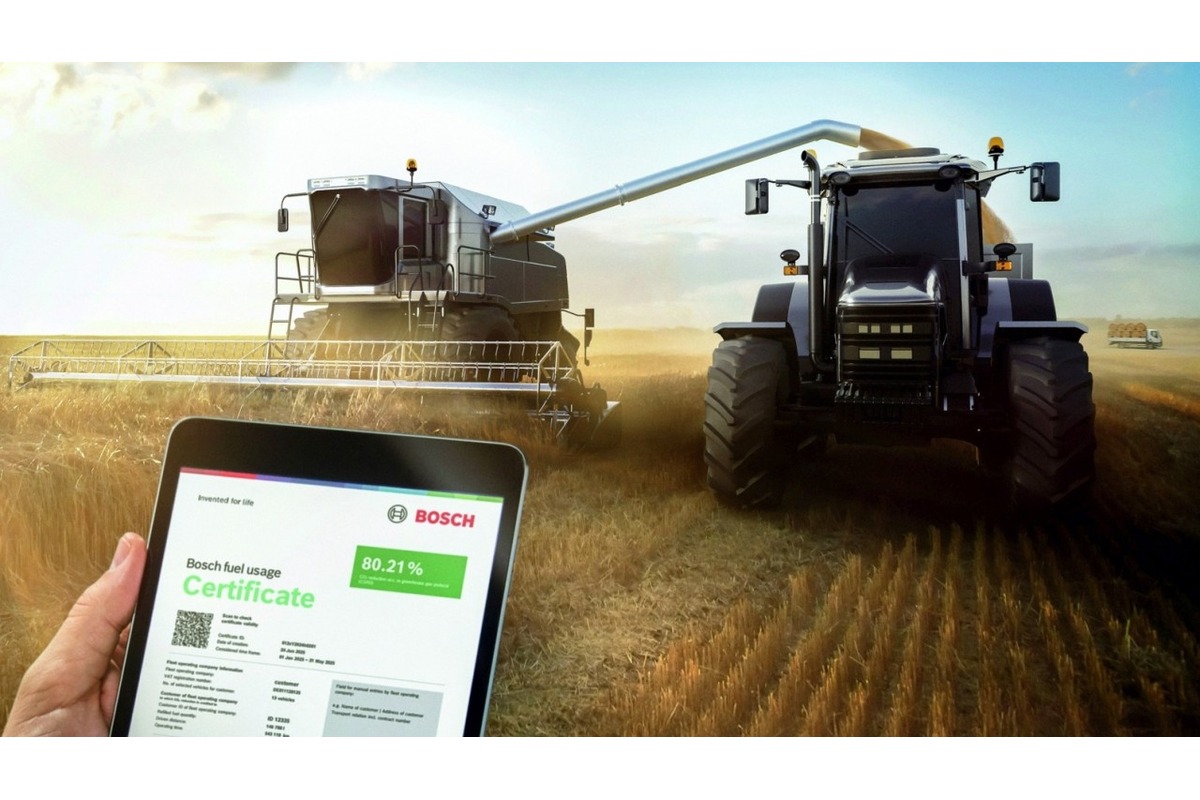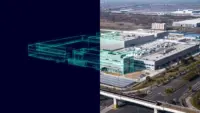At Agritechnica 2025 in Hannover, Bosch presented a range of technologies aimed at advancing sustainability in agricultural machinery. While diesel engines will continue to dominate the sector for the foreseeable future, Bosch emphasized pathways to reduce CO₂ emissions through renewable synthetic fuels, hydrogen engines, and electrification. Renewable synthetic fuels such as HVO100, compatible with existing diesel systems, can significantly cut carbon emissions and are already commercially viable. Bosch’s Digital Fuel Twin software complements this by digitally tracking and certifying the use and sustainability of such fuels, offering transparency in emissions reporting.
Bosch is also developing hydrogen engine systems that share around 80% of their components with traditional combustion engines, offering a familiar yet cleaner alternative. The company’s eLION electrification portfolio provides electric drive solutions, including motors, inverters, and software tailored for agricultural applications up to 850 volts, with future expansions for 96-volt systems and advanced control software. Additionally, Bosch Engineering introduced a compact, high-efficiency 800-volt powertrain system suitable for both battery-electric and hybrid setups. Collectively, these innovations underscore Bosch’s approach to enabling more climate-conscious agriculture while supporting the continued reliability of existing powertrain technologies.

















Leave a comment